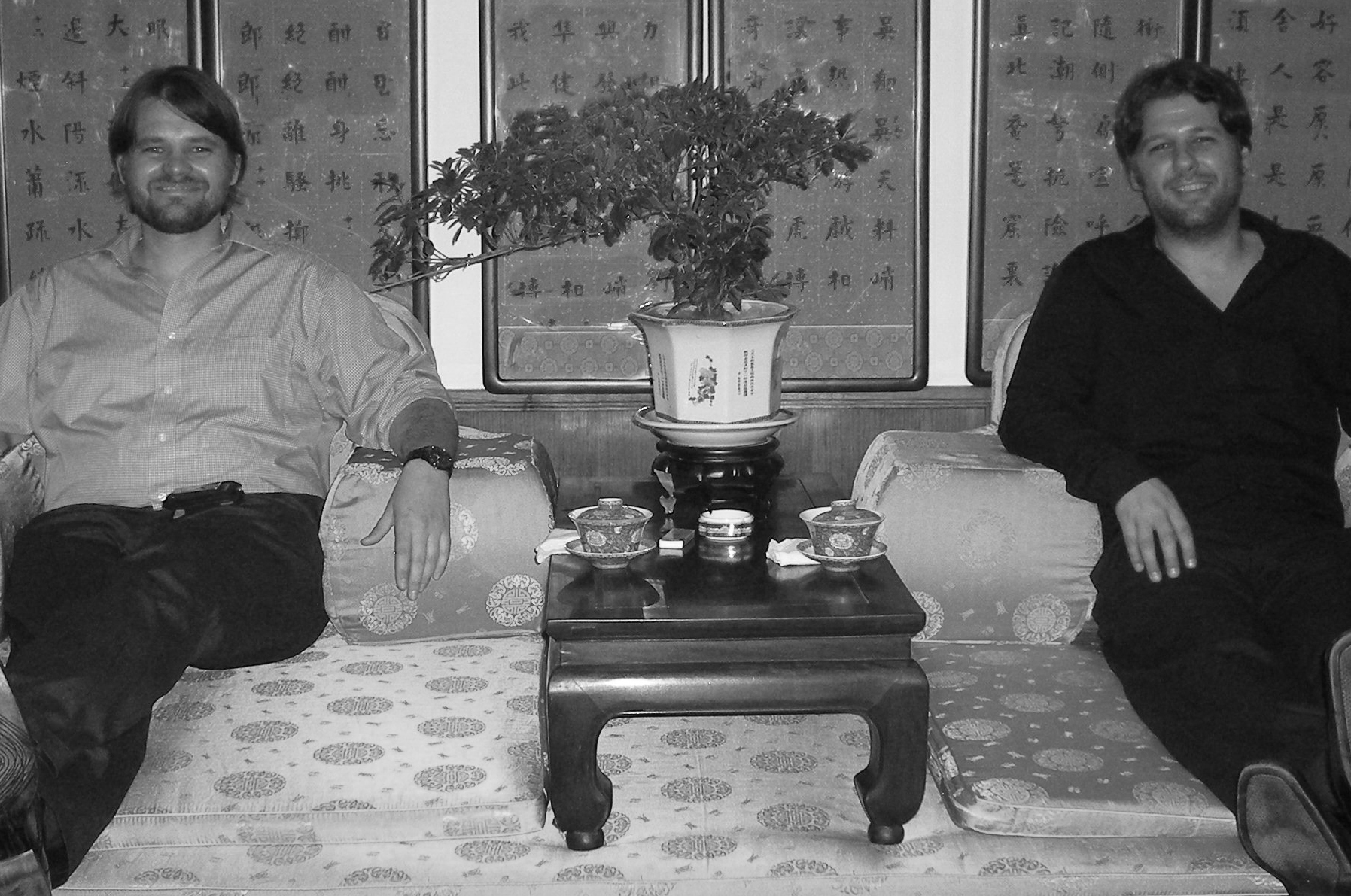
Young on a visit to Beijing Normal University where the department is fostering new partnerships and collaborations
This fall we welcomed two new faculty members.
A Wisconsin native, Robert Roth, received both a BS (2005) and MS (2007) from the UW-Madison Geography Department in Cartography/GIS. He received his PhD from Penn State University in 2010. Rob’s research is in the areas of Cartography, Geovisualization, and Geovisual Analytics with specic emphasis on interactive & web-based cartography, human-computer (and human-map) interaction, user-centered design & usability engineering, and map-supported human reasoning & decision-making. As a geographer, Rob views maps and map-based systems as tools to help solve complex problems that have a prominent geographic component; he therefore is a rm believer in both interdisciplinary and applied research in addition to pure research. His own work has had practical applications to crime analysis, emergency response/crisis management, environmental conservation, intelligence analysis, and spatial epidemiology/public health.
Stephen Young holds a joint appointment in Geography and International Studies. Originally from England, Stephen received his PhD in Geography from University of Washington in 2010. He has developed a new class on “Global Poverty”. Stephen’s research focuses on everyday ways in which people – particularly youth – are negotiating economic change in India. He examines the livelihood strategies and cultures of enterprise developed by educated, unemployed youth in Uttar Pradesh, India and is part of a large, multi-country study that compares ways middle-class actors in different parts of the world engage with issues of poverty and inequality. Stephen also has a strong interest in critical geopolitics. He is involved in collaborative research concerning U.S. government efforts to control informal communication flows. This includes Cold War ‘psyops’ that sought to perfect the diffusion of propaganda in the early-1950s,initiatives to control the circulation of rumors believed to be inciting urban unrest in the late-1960s, and current efforts to harness social networking sites such as Facebook for geopolitical ends.



